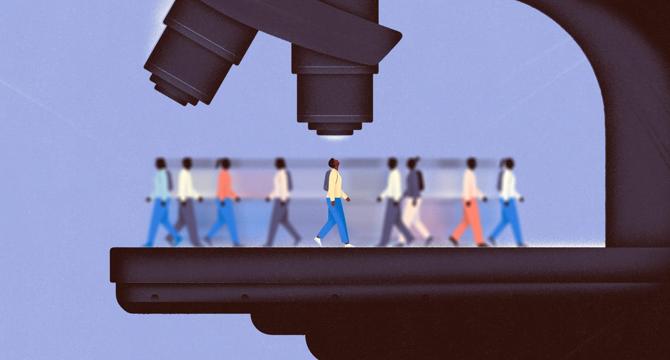Insider
2M
22

Image Credit: Insider
As some companies scale back on DEI, others double down on their efforts
- As some companies scale back on DEI initiatives, others are doubling down and refining their strategies by focusing on belonging, inclusion, and fair pay alongside other diversity metrics.
- While some executives suggested that DEI programs were a fad, companies like Ancestry, Mitre, and HLW are continuing to invest in DEI initiatives that are grounded in strategies that benefit both employees and the organization.
- Ancestry, for example, introduced "Amplify Voices," a speaker series highlighting the experiences of marginalized communities, developed programming to celebrate cultural heritage months, bolstered its employee resource groups, and instituted a Global Day of Understanding.
- Ancestry has adopted a systematic approach to pay equity, conducting compensation analyses twice a year to identify and eliminate disparities in employee advancement and compensation.
- In order to identify diversity gaps and how to address them, nonprofit R&D company Mitre turned to Aleria, a tool designed to measure inclusion by collecting qualitative and quantitative data across the company.
- HLW, an architecture and design firm, is adopting a data-driven approach to ensure equitable opportunities for its employees, strengthening management training in areas like communication and unconscious bias, and reducing its gender pay gap through promotion cycles.
- Employment attorney Heather Bussing argues that companies using data to drive their DEI strategies are better positioned to navigate challenges as demographic forces shape the workforce landscape.
- While some companies have scaled back on DEI efforts, it is critical to create long-term programs that benefit both employees and the organization. DEI is not just about hiring a diverse workforce; it's about creating an equitable employee experience.
- Companies that shy away from DEI initiatives may find themselves at a disadvantage as demographic forces continue to create a permanent labor shortage.
- Creating sustainable and long-lasting DEI programs that are not performative should be a priority for companies to reassess and get it right.
Read Full Article
1 Like
For uninterrupted reading, download the app